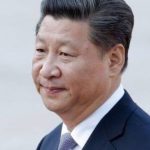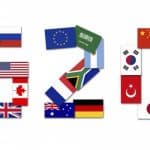What is Most Favoured Nation (MFN) Status?
Contents
- According to the MFN principle of the WTO’s General Agreement on Tariffs and Trade (GATT)- to which India is a signatory/contracting party- each of the WTO member country should treat all the other members equally as most favored trading partners.
- The WTO says, ” Grant someone a special favour (such as a lower customs duty rate) and you have to do the same for all other WTO members”.
- Hence, though MFN sounds like special treatment, in effect it means non-discrimination.
Have Pakistan and India accorded MFN status to each other?
- The MFN status was accorded to Pakistan in 1996 as per India’s commitments as a WTO member.
- But Pakistan has not reciprocated, reportedly citing “non-tariff barriers” erected by India as well as huge trade imbalance.
What can happen if India revokes Pakistan’s MFN status?
- If India chooses to revoke the MFN status it has accorded to Pakistan, there won’t be any significant trade fallout as the level of bilateral trade is very low, being just 0.4 percent of India’s overall goods trade in 2015-16.
What can be the political fallout of such an action by India?
- Politically it can result in India losing goodwill in the South Asian region, where it enjoys a trade surplus and is party to a free trade pact called SAFTA, which also includes Pakistan.
- The move may also not go down well at the WTO level.
What are India’s options?
- India can consider making use of a ‘security exception’ clause- Article 21(b)(iii)- in the GATT to deny the MFN status to Pakistan or bring in certain trade restrictions.
- The clause states that, “nothing in this agreement shall be construed to prevent any contracting party from taking any action which it considers necessary for the protection of its essential security interests taken in time of war or other emergency in international relations.
What should Indian officials keep in mind while considering using the Article 21 provision?
- GATT and WTO practice shows that the countries have by and large observed self-restraint in using the national security exception as national security is too sensitive a subject that countries will be comfortable submitting to an international review.











